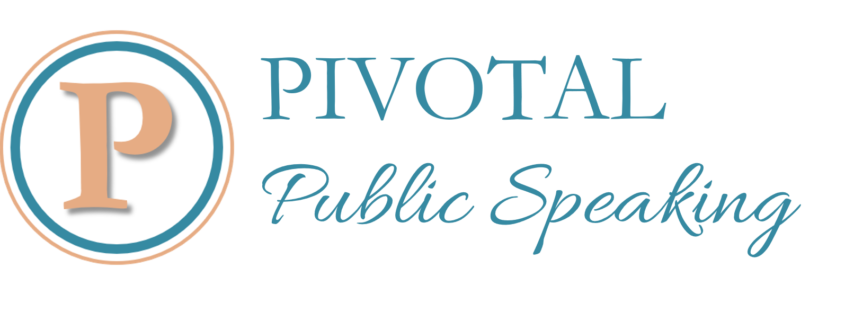This is a guest post from Kwesi Millington.
Kwesi is a public speaking, storytelling & confidence coach, teaching you to speak, share, serve and live with greater confidence. Check out his website at www.CommunicateToCreate.com and do watch his periscopes. He shares some very practical tips on speaking and story.

KISS it!
Try to learn one new word per week. Grow your vocabulary. Explore the richness of the English language…
Just leave the complex words out of your speeches.
Author John Maxwell says it this way…
“As leaders and communicators, our job is to bring clarity to a subject, not complexity. The measure of a great teacher isn’t what he or she knows, it’s what the students know.”
Speaking is not about YOU. That is the most important piece of information you can ever learn about this art.
It is about your listener. Think about their comprehension level. Many speakers try to impress the audience with what they know.
It’s NOT what you know, it is what you DID NOT know and have learned that will impress them. It is in your vulnerability that you will find your victory.
In writing, blogger James Altucher talks about the Flesch-Kincaid score (He wrote about it for Quora). This respected scoring system is applied to writing to determine what grade level you are writing for. For example, a Flesch-Kincaid (FK) score of 10 means that you are writing at a Grade 10 level.
Altucher provided studies of some recent top ranked articles, then he went back and got scores for the classic Hemingway book “The Old Man and the Sea” as well as “Heart of Darkness” by Joseph Conrad, and “Crime and Punishment” by Dostoevsky.
The F-K scores for ALL of these were between 4 and 8. Yes, that means that all of the above, including a Nobel Prize winning author’s work, were written at a Grade 4th to 8th level!!
When you speak, SPEAK the same way.
KISS it my friends (Keep It Simple when Speaking).
Martin Luther King said “I have a Dream”.
JFK said “It’s not what your country can do for you, it’s what you can do for your country.”
Grade schoolers can understand those quotes, and Adults have been moved by them.
Remember this…
Big words touch the Brain, Small words touch the Heart.


